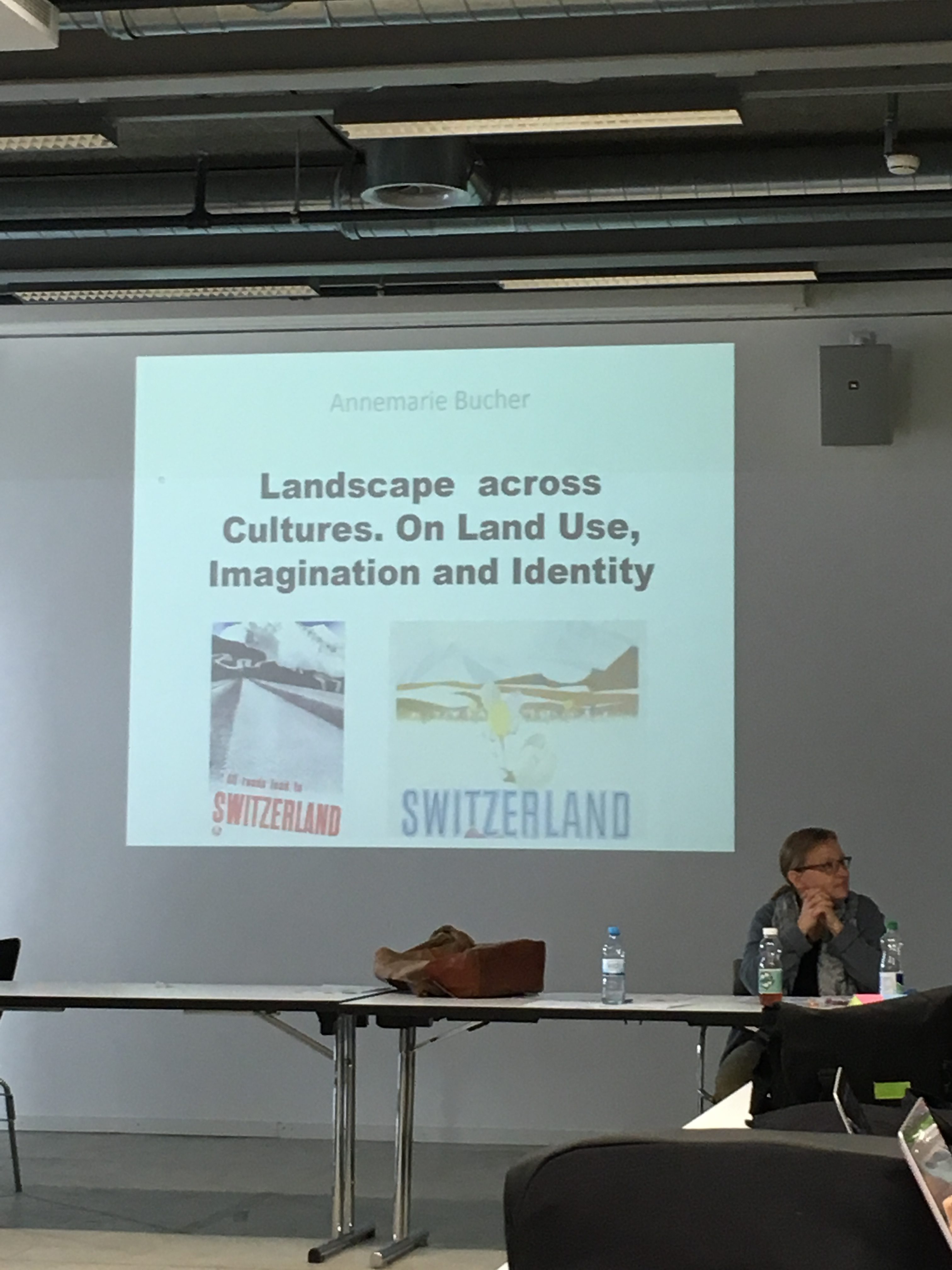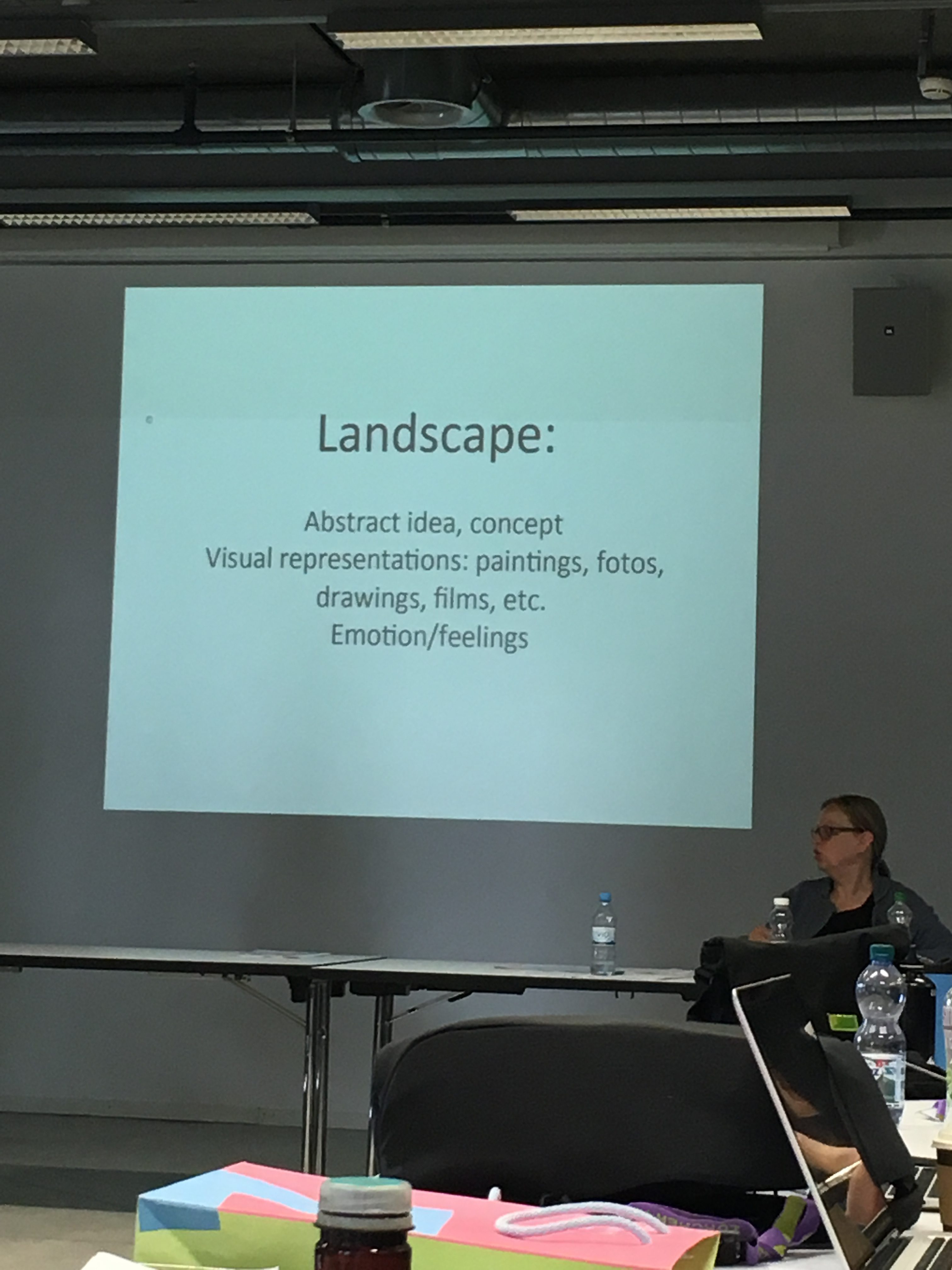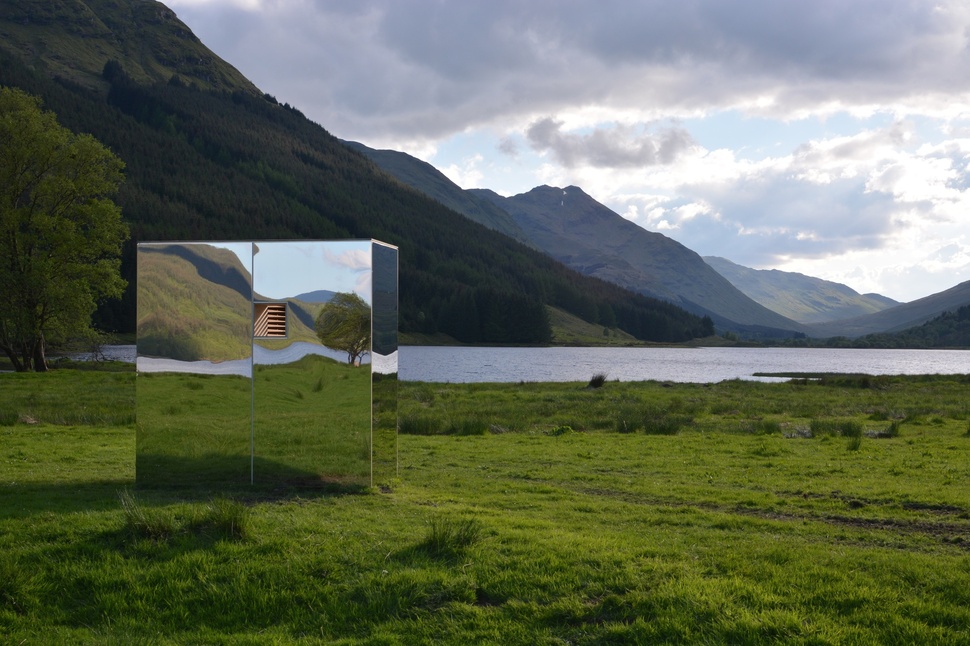In the slipstream of ecological debates the topic of landscape comes to the fore with a multilayered understanding including transdisciplinary and transcultural perspectives. Most human beings rely on a sense of place and carry images and perceptions of and values attached to landscapes or environments that were relevant for their identity building. Such spaces and ideas form the backdrop of socialization and individuation but also of landscape development. This talk focusses on landscape as a human attitude towards nature and on their manifold sources and histories.

Some ideas on landscapes
Exploring the term
“Landscapes and places are relevant to our identity.”
“Landscapes are more than a spatial environment. It is a feeling and emotional; it is in our heads.”
“Landscapes are impossible to define.”
“Landscapes are difficult to translate.”
“Landscape are interwoven with the question of heritage.”
But what does it mean? What are the most relevant elements?
“Landscapes are the human’s relation to the natural environment.”
“One landscape can function as many different environments.”
“Landscapes are constructed and constantly re-framed.”
“Landscapes are symbols for national identity and therefore, landscapes can be used as propaganda through landscape architecture, expos, representational and commercial framing.”
What are landscapes in a transcultural and contemporary context?
“Landscapes are a hybrid topic/space with changing parameters.”
“Landscapes are tools to measure and mirror human relation to and understanding of nature.”
“Landscape is a paradox, it is abstract, but surrounds us at the same time. It is the idea of utopia through the lense of reality.”
“Landscape is negotiating.”
“Landscapes exist between the poles of wishes and reality.”
“Landscapes are a depiction of power.”

By Annemarie Bucher
Dr. sc. ETH, lic. phil. I; studied art history, ethnology, and philosophy at Zurich University and Landscape Architecture at the Swiss Federal Institute of Technology in Zurich. She has been a research fellow at Graduate School of Design, Harvard University. She is currently working as a senior lecturer in art theory and cultural theory at Zurich University of the Arts, as a guest lecturer at ETH Zurich, Srishti, Institute of Art, Design and Technology Bangalore/India and other universities. Furthermore, she works as a freelance researcher, curator, and a consultant for government departments (cultural landscape and urban developments). She is the author of several books and articles on art, cultural theory, landscape, and theory. She has curated several exhibitions. Since 2009 she co-runs the independent research venture FOA-FLUX with Dominique Lämmli.

